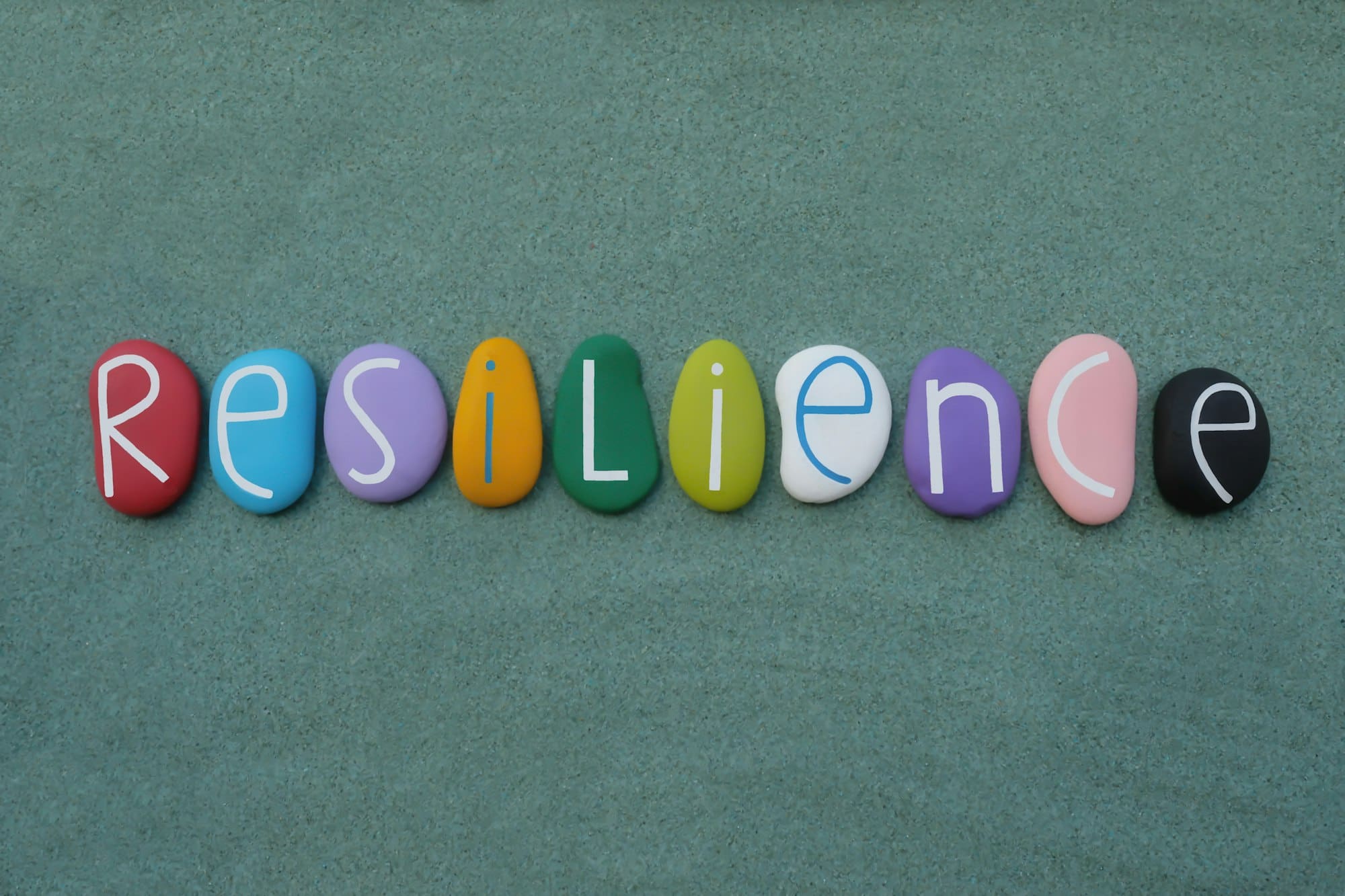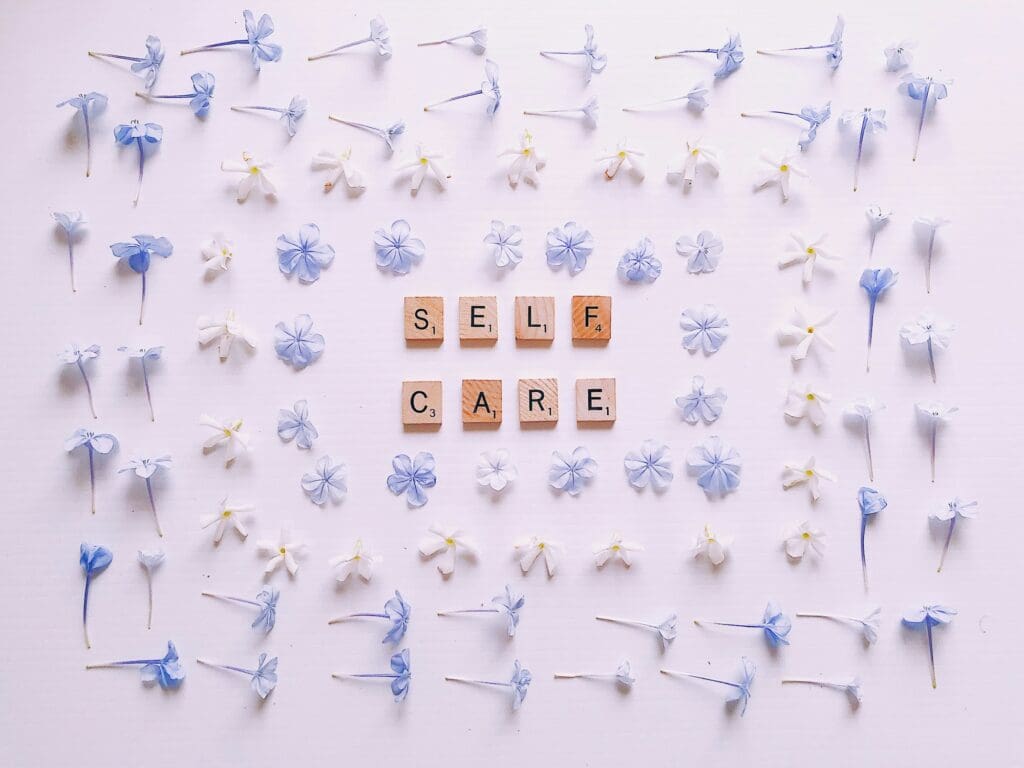


Life presents us with many challenges, from everyday stressors to significant setbacks. Despite our best efforts, some things are simply beyond our control. However, building resilience can help us navigate through the toughest of times.
Resilience isn’t about avoiding life’s difficulties, but rather developing the strength and strategies to cope when they arise. So, what are the most effective ways to build this important trait?
Carl Jung once said, “I am not what happened to me, I am what I choose to become.” This perspective is at the heart of resilience.
In this article, you’ll discover practical techniques to bolster your resilience, enabling you to adapt, recover, and even thrive amidst life’s unpredictable twists and turns.
From fostering strong social connections to practicing self-care, these strategies can empower you to face challenges head-on.

Developing a positive mindset is a cornerstone of resilience, allowing you to view challenges as opportunities for growth rather than insurmountable obstacles.
Start by embracing a growth mindset, which centers around the belief that abilities and intelligence can be developed with effort and perseverance.
This means acknowledging that failure is not a dead end but a stepping stone to learning and improvement.
One effective way to foster this mindset is through cognitive restructuring. This involves changing the way you interpret negative situations by challenging irrational thoughts and replacing them with more balanced and constructive ones.
For instance, instead of thinking, “I’ll never be able to do this,” try shifting your perspective to, “This is difficult, but with practice, I can improve.”
In addition to cognitive restructuring, engaging in gratitude activities can significantly enhance your resilience.
By regularly reflecting on what you are thankful for, you shift your focus from what’s lacking in your life to the abundance that already exists. This positive shift in attention can improve your overall sense of well-being and curb stress.
Positive energy rituals, such as setting aside time each day for activities that rejuvenate you, are critical for managing energy and building resilience.
Maintaining perspective during overwhelming situations is also crucial. Remind yourself of past challenges you’ve overcome and the strengths you exhibited during those times.
Finally, believe in your abilities. Having confidence in your power to cope with life’s stresses is fundamental to resilience.
By nurturing self-belief, you empower yourself to face adversities with courage and determination, transforming potential setbacks into stepping stones for personal growth.


Emotional intelligence, or EQ, is the ability to understand and manage your own emotions, as well as recognize and influence the emotions of others. This skill is crucial for building resilience since it helps you navigate life’s ups and downs with greater ease.
Self-awareness is the foundation of emotional intelligence. It involves recognizing your emotions and understanding how they affect your thoughts and behaviors.
Empathy is another critical component of EQ. It’s the ability to put yourself in someone else’s shoes and understand their feelings and perspectives.
To strengthen your emotional intelligence, consider these techniques:
By boosting your emotional intelligence, you can build a strong foundation for resilience, equipping yourself to handle life’s inevitable challenges with grace and confidence.

Navigating through life’s storms requires more than just weathering the temporary squalls; it’s about finding the strength and strategies to come out stronger on the other side.
By tapping into inner resources and support systems, you can not only survive but thrive in the face of adversity.
Stress management is a powerful tool for building resilience. When you effectively manage stress, you not only improve your well-being but also enhance your ability to handle life’s challenges. Here are some practical strategies that can help:
Deep breathing is one of the simplest ways to reduce stress. When you’re feeling overwhelmed, take a moment to focus on your breath.
Inhale deeply through your nose, hold for a few seconds, and then exhale slowly through your mouth. This practice can calm your nervous system and bring immediate stress relief.
Physical activity is a proven stress buster. It releases endorphins, the body’s natural mood lifters, which can help you feel better and maintain a positive outlook.
Whether it’s a brisk walk, a yoga session, or a high-energy workout, find an activity that you enjoy and make it a regular part of your routine.

The food you eat can affect your mood and energy levels. Aim for a balanced diet rich in fruits, vegetables, lean proteins, and whole grains.
Avoid excessive consumption of caffeine and sugar, which can lead to spikes and crashes in your energy levels, exacerbating stress.
Connecting with others can provide emotional support and reduce stress. Make time for family and friends, even if it’s just a quick phone call or a text message.
Sharing your feelings and experiences with trusted individuals can help you feel less isolated and more supported.
A consistent daily routine can help you feel more in control and less stressed. Try to wake up and go to bed at the same time each day, incorporate regular meals and breaks into your schedule, and set aside time for relaxation and activities you enjoy.
Mindfulness and meditation practices can help you stay focused on the present moment and reduce anxiety about the future.
Spend a few minutes each day meditating or engaging in mindfulness activities like mindful walking or eating. These practices can help you cultivate a sense of peace and improve your resilience to stress.
There are various techniques you can use to manage stress, such as progressive muscle relaxation, guided imagery, or listening to calming music.
Experiment with different methods to find what works best for you. These techniques can serve as valuable tools in your stress management toolkit.
Implementing these strategies can help you manage stress more effectively, paving the way for greater resilience and a more balanced, fulfilling life.
Sometimes, life’s challenges can feel overwhelming despite your best efforts. When this happens, seeking professional help is not a sign of weakness but a step toward strength.
Mental health professionals, such as therapists, counselors, and psychologists, are trained to provide you with coping strategies and an objective perspective.
Engaging with a professional can help you:
Remember, seeking help is a proactive way to take control of your mental health. If you’re finding it tough to manage on your own, a professional’s guidance can make a significant difference in your journey toward resilience and well-being.

Developing mental toughness requires deliberate practice and a strategic approach. Begin by focusing on the key components: Control, Commitment, Challenge, and Confidence. You can start by building your self-confidence through small, daily achievements that reinforce your belief in your abilities.
Engage in activities that challenge your mental and emotional limits, similar to how you would incrementally stress your muscles to build physical strength. Use tools such as Jason Selk’s worksheets to set and achieve goals, which will help you enhance your performance under pressure.
Regularly practice thought awareness to identify and counteract negative thinking patterns, which can build a more resilient mindset over time.
Additionally, incorporating tiny activities into your workday, such as short mindfulness exercises or brief moments of relaxation, can improve your willpower and mental resilience.
Assess your progress using psychometric measures like the Mental Toughness Questionnaire (MTQ48 or MTQPlus) to track your growth and identify areas needing improvement.
Resilient people face adversity head-on by maintaining a balanced perspective and focusing on what they can control.
They understand that setbacks are a part of life and use them as learning experiences. By seeking solutions rather than dwelling on problems, they find ways to move forward.
Support systems play a crucial role; resilient individuals lean on friends, family, or mentors for advice and encouragement.
They also prioritize self-care, ensuring they remain mentally and physically strong to handle challenges effectively. Importantly, they keep a hopeful outlook, knowing that their efforts will eventually lead to positive outcomes.
Resilience is often perceived as an innate trait, but it’s actually a learnable skill. While some people may naturally display higher levels of resilience, research shows that everyone can enhance their resilience over time.
Strategies like developing a positive mindset, strengthening emotional intelligence, and practicing mindfulness are key.
Moreover, seeking support from friends, family, or professionals, and engaging in stress management techniques can significantly improve your ability to bounce back from adversity. In essence, resilience is a dynamic quality that grows with experiences and intentional effort.
Effective coping mechanisms for life’s challenges can vary from person to person. However, some common strategies include:
Building resilience and learning to cope with life’s challenges is not just about enduring tough times. It’s about growing through them and emerging stronger.
By cultivating a positive mindset, practicing self-care, utilizing stress management techniques, and seeking professional help when necessary, you empower yourself to face setbacks head-on. Remember, resilience is a quality and a skill that can be enhanced with intention and practice.
End each day by reflecting on three good things that happened, embracing a growth mindset that turns failures into learning opportunities, and finding meaning in your experiences.
Like the residents of Okinawa, having a strong sense of purpose can be a powerful motivator to keep moving forward. With these strategies, you’ll be better equipped to not only overcome challenges but also thrive through them.
Overall, resilience gives us the power to overcome setbacks, allowing us to live the life we’ve always imagined. As you integrate these practices into your daily routine, you’ll begin to see yourself not just surviving, but truly flourishing.
Remember, the journey to resilience is ongoing, and each step you take builds the foundation for a more robust, happy, and fulfilling life.









